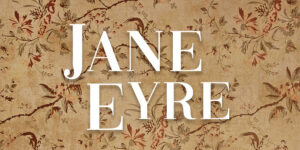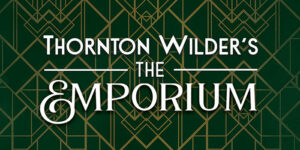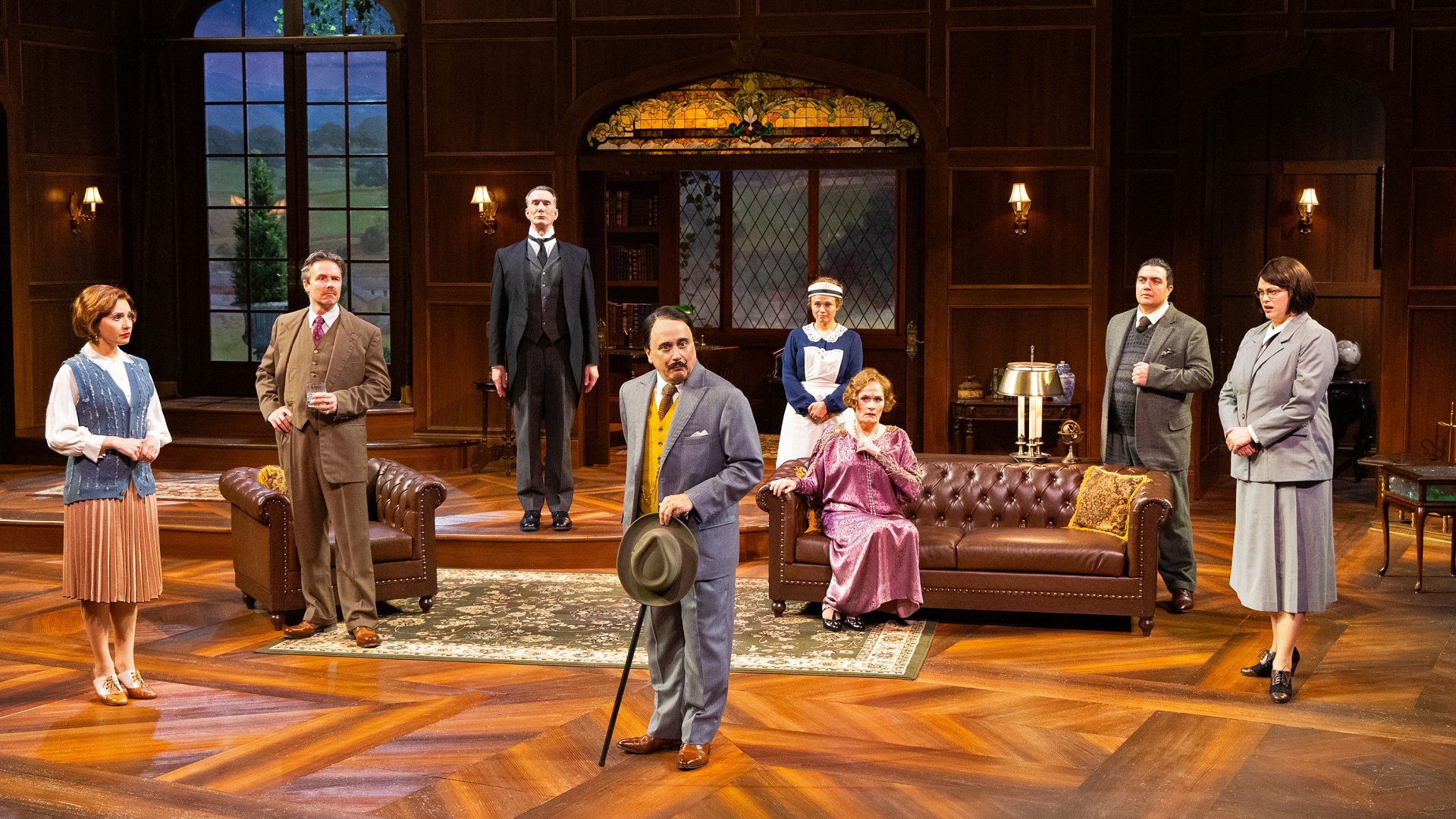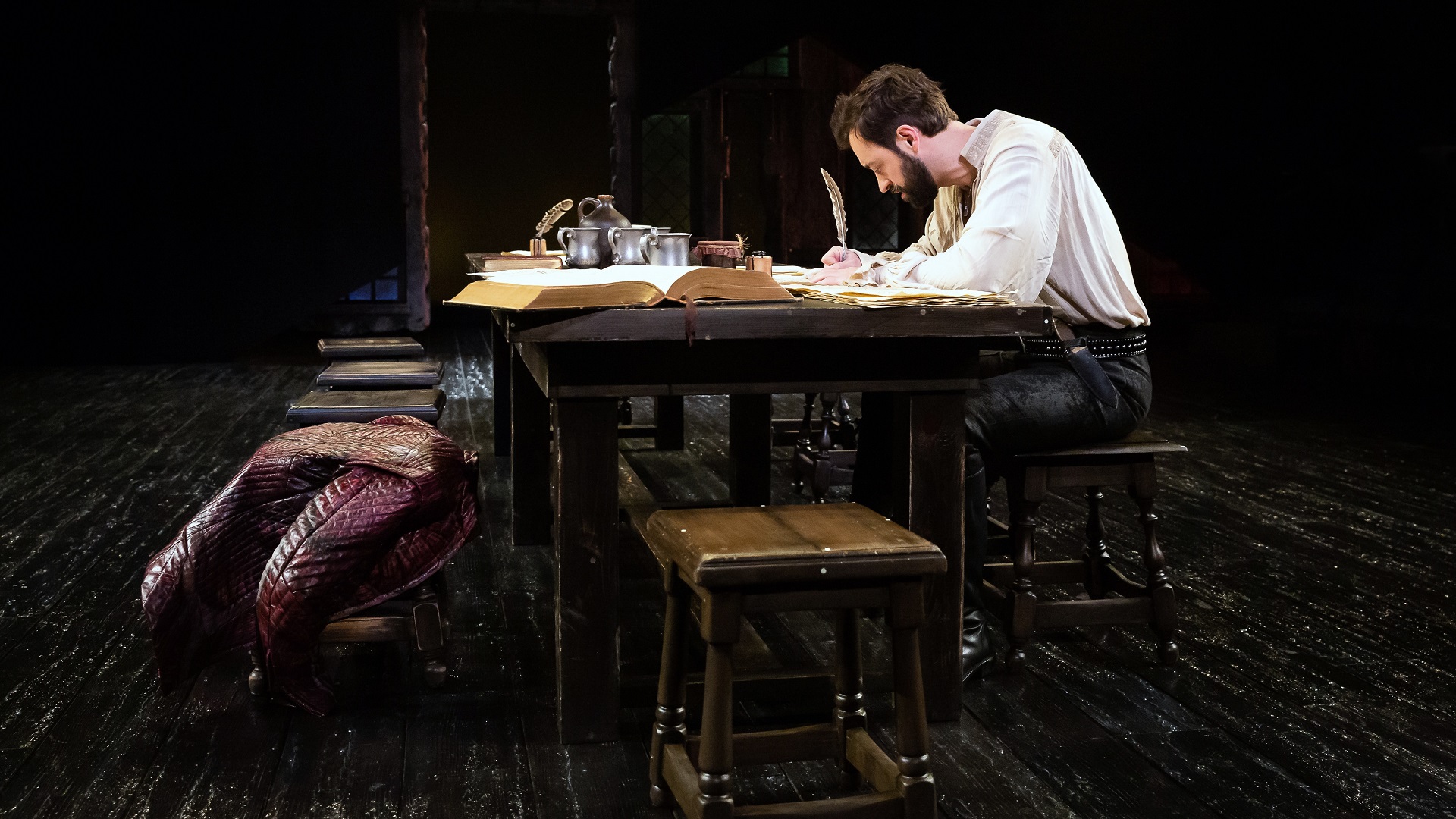Charlotte Brontë: The Woman Behind Jane Eyre
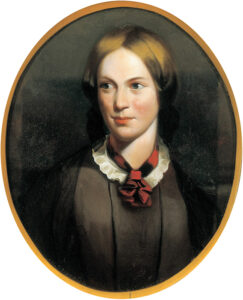
In the enchanting world of literature, few works are as profound as Charlotte Brontë’s classic, Jane Eyre. While the novel’s narrative brilliance and compelling characters have captivated readers for generations, a closer look at Brontë’s personal life will reveal how her own experiences impacted Jane’s story.
Born in 1816, Charlotte Brontë was the third of six siblings in a clergyman’s household. Her early years were marked by tragedy as she, along with her sisters Emily and Anne, faced the untimely deaths of their mother and two older sisters. The challenges of growing up in a strict Victorian household undoubtedly affected Brontë’s psyche.
The young Charlotte found solace in her vivid creativity and a deep love for literature. These formative years would later influence the creation of the strong-willed and resilient character of Jane Eyre. Like Brontë, Jane’s struggles for independence in a society often confined women to restrictive roles.
One of the most poignant parallels between Brontë’s life and her literary masterpiece is the boarding school experience. At eight, Charlotte and her sisters were sent to Clergy Daughters’ School at Cowan Bridge. The harsh conditions and inadequate facilities left a lasting impact on the Brontë sisters, with the eldest two, Maria and Elizabeth, succumbing to tuberculosis. The portrayal of Lowood School in Jane Eyre echoes Charlotte’s own traumatic experiences. Brontë’s writing shed light on the injustices of the academic system.
Charlotte’s journey of unrequited love also finds expression in the novel. Her feelings for her Belgian teacher, Constantin Héger, were never reciprocated. This unfulfilled romance fueled the emotional intensity of Jane’s relationships in the novel. The ebb and flow of passion and restraint in Jane’s connection with Mr. Rochester mirrors the complexities of Brontë’s own heart.
The societal constraints that shaped Charlotte Brontë’s life are mirrored in exploring gender roles and societal expectations within Jane Eyre. The novel challenges the status quo, critiquing the prevailing norms and advocating for women’s agency. Brontë lived in a time when female authors faced scrutiny and prejudice. She used her work to subtly challenge the limitations imposed on women in literature and society.
In crafting the character of Jane Eyre, Brontë became a trailblazer in the feminist literary movement. The novel’s relevance lies in its masterful storytelling and exploration of universal themes such as love, morality, and the pursuit of selfhood.
In Jane Eyre, we find not just a compelling narrative but a glimpse into the soul of its creator. Charlotte Brontë’s reflected her struggles and triumphs into the characters and themes that elevate the novel. It becomes a testament to the resilience of the human spirit and an enduring celebration of the power of literature to transcend time and connect us to the shared human experience.
Jane Eyre runs April 12 – May 5. Tickets are available here.


